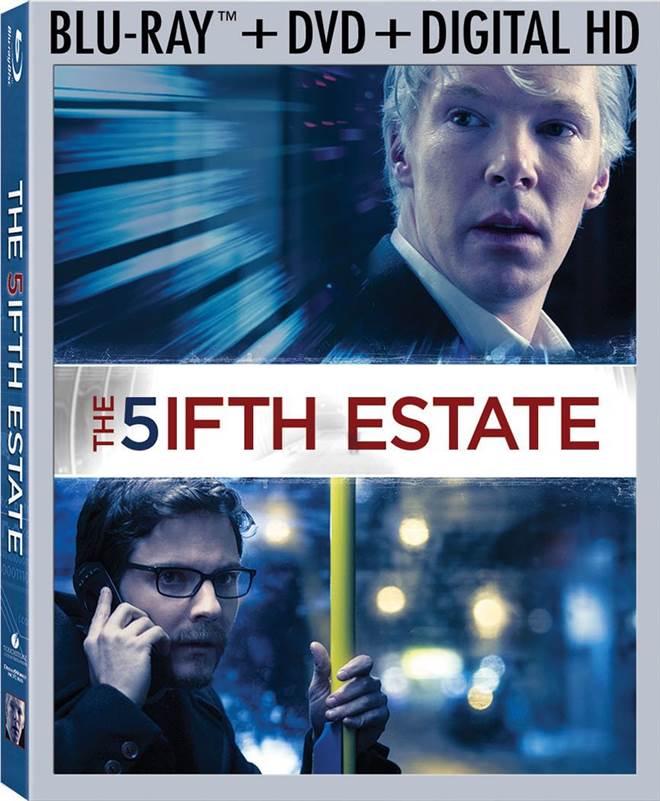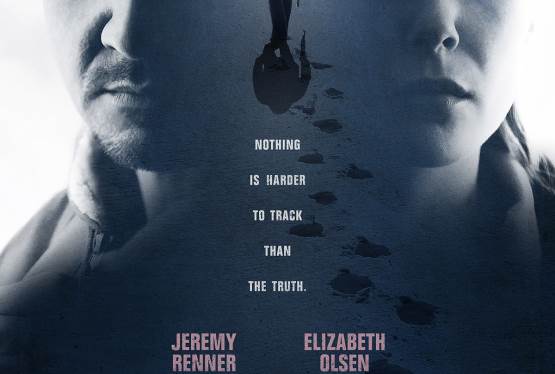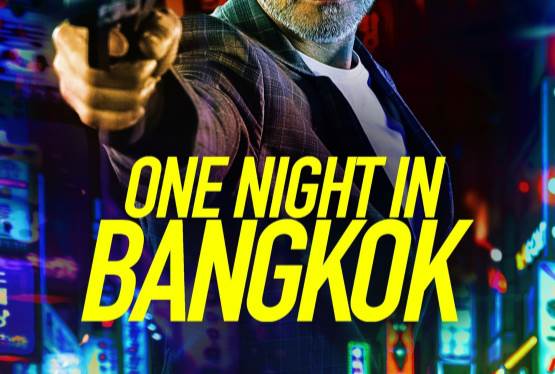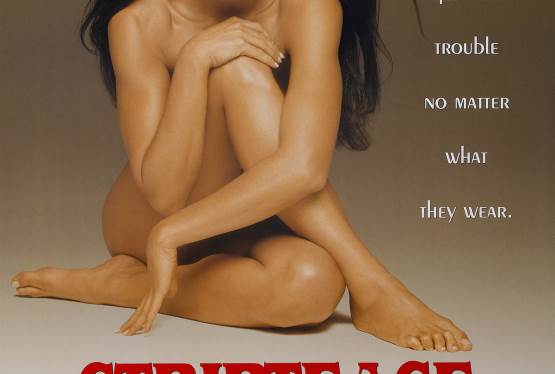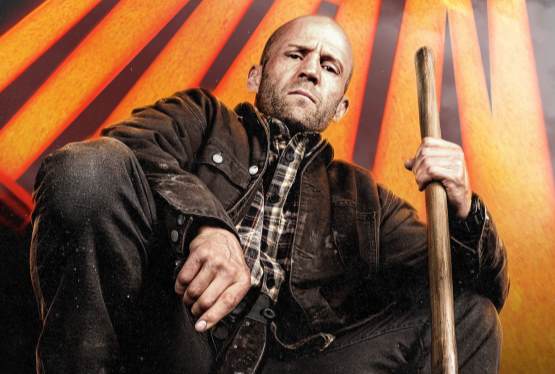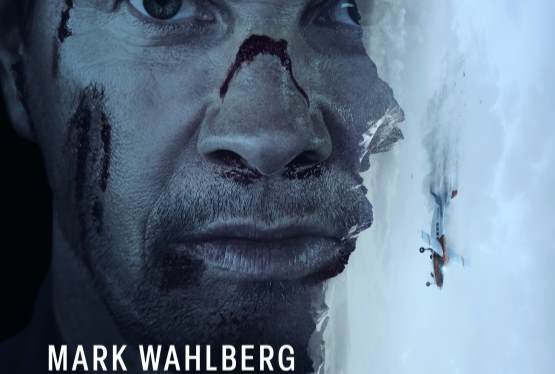Based on "WikiLeaks: My Time with Julian Assange and the World's Most Dangerous Website" by Daniel Domscheit-Berg and "WikiLeaks: Inside Julian Assange's War on Secrecy" by Guardian journalists David Leigh and Luke Harding, The Fifth Estate follows the Machiavellian rise of WikiLeaks founder to the global media stage and the events surrounding the controversial 2010 release of 90,000 classified U.S. documents (the Afghan War Logs), 400,000 classified U.S. military reports (the Iraq War Logs) and more than 250,000 U.S. State Department cables. The bulk of the film is built around Assange's three-year partnership with Domscheit-Berg (Daniel Brühl), who joins Assange's team-of-one in 2007. At first, it's all roses. Assange and Berg changing the world. Soon, though, Berg watches as Assange's ego, pride and jealousy take control and turn the brilliant hacker into an international threat. Berg insists releasing hundreds of thousands of pieces of sensitive materials -- without proper redaction -- could put people's lives in danger. Assange insists the truth takes precedence. Playing exasperated referee is the traditional media, represented by The Guardian editor Alan Rusbridger (Peter Capaldi) and journalist Nick Davies (David Thewlis). Playing the role of panicking U.S. government officials is White House staffer Sam Coulson (Anthony Mackie), undersecretary Sarah Shaw (Laura Linney) and her colleague James Boswell (Stanley Tucci). Playing them all, of course, is Assange, who Cumberbatch injects with delirious brilliance and frightening childishness.
Cumberbatch and Brühl try their damnedest to mine the material for moments of honesty or insight, but the script never lives up to the real-life drama behind the story. Stilted and contrived, their dialogue is peppered with exposition, redundancy, over-acting and cutaway reaction shots; eye rolls and nose pinches, sneers and pursed lips; the kind of takes that usually wind up on the cutting room floor. The Fifth Estate is far more obvious than it thinks, moving with the labored burden of a behemoth struggling to take each step. Even Condon's attempt to visualize WikiLeaks' artificial online world falls flat, imagining a room of paper-laden desks manned by dozens of Assanges. We're meant to be torn between the potential good of Assange's intentions and the potential harm of his impulse. After all, the Libyan informant is just one of thousands whose lives are possibly being put at risk. But, once again, the particulars -- the storytelling, pacing, camerawork, music... all the fundamentals -- are so telegraphed, so obvious, that these scenes of intense human theater fail to make much of an impact.
The Fifth Estate features a fit and faithful 1080p/AVC-encoded video presentation that rarely stumbles. Edges are crisp and clean (with only a hint of intermittent ringing) and textures are revealing and well-resolved. All told, it's a terrific presentation sure to please anyone who warms to the film. Disney's DTS-HD Master Audio 5.1 surround track is competent and capable, without any real issues to point to. Dialogue is clear, intelligible and neatly prioritized, and effects are clean and convincingly grounded in the mix.
Special Features:
- The Submission Platform: Visual Effects: Director Bill Condon and Production Designer Mark Tildesley dissect the film's "Rubberhose" set, various concepts tossed about during its development, and the subsequent scenes and shots that contextualize and visualize Julian Assange's online platform.
- In-Camera: Graphics: Next up is a look at the computer text, WikiLeaks programs, virtual communication, projections and other elements realized via practical effects on set with the actors.
- Scoring Secrets: Composer Carter Burwell discusses his eclectic score.

